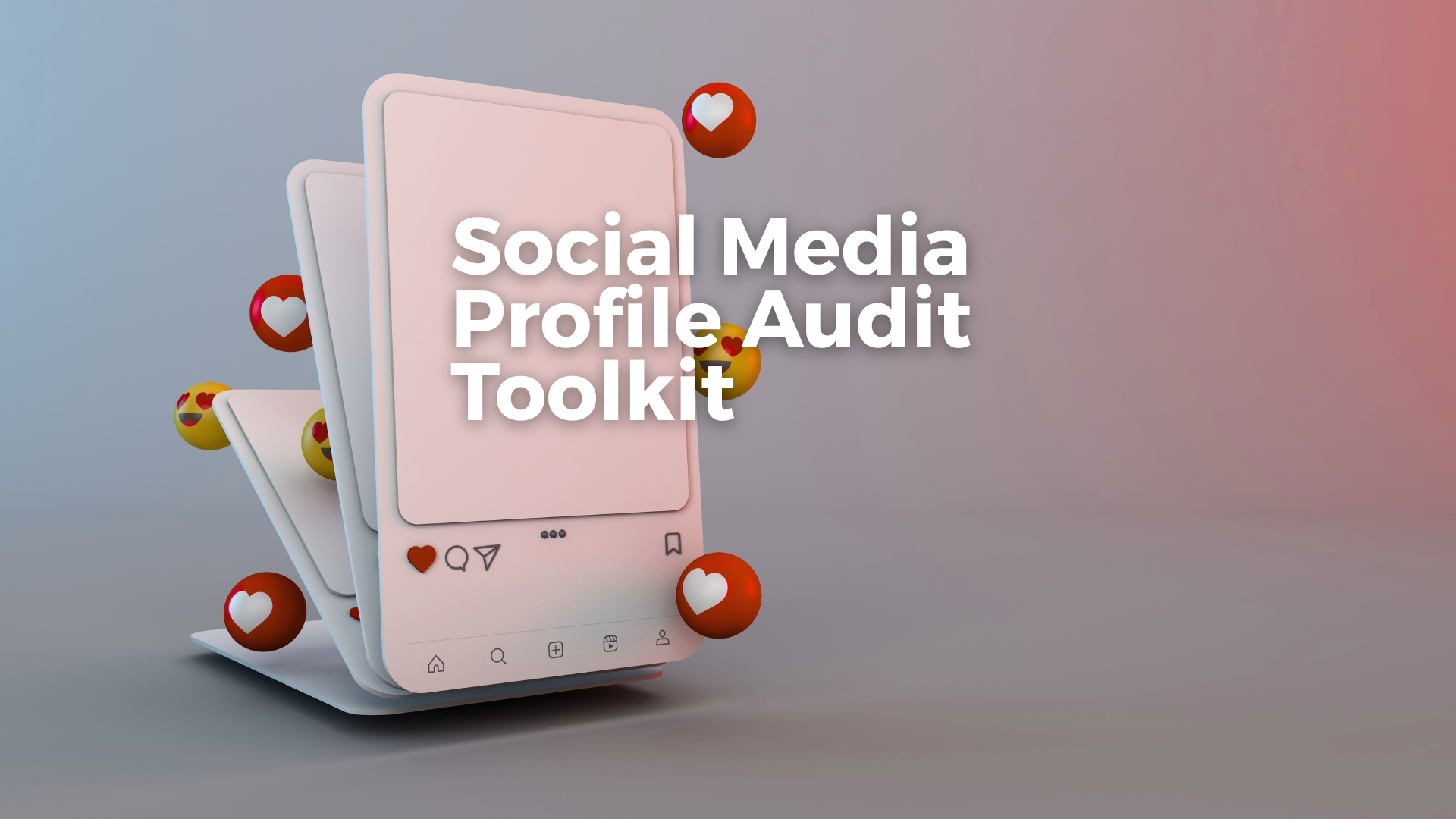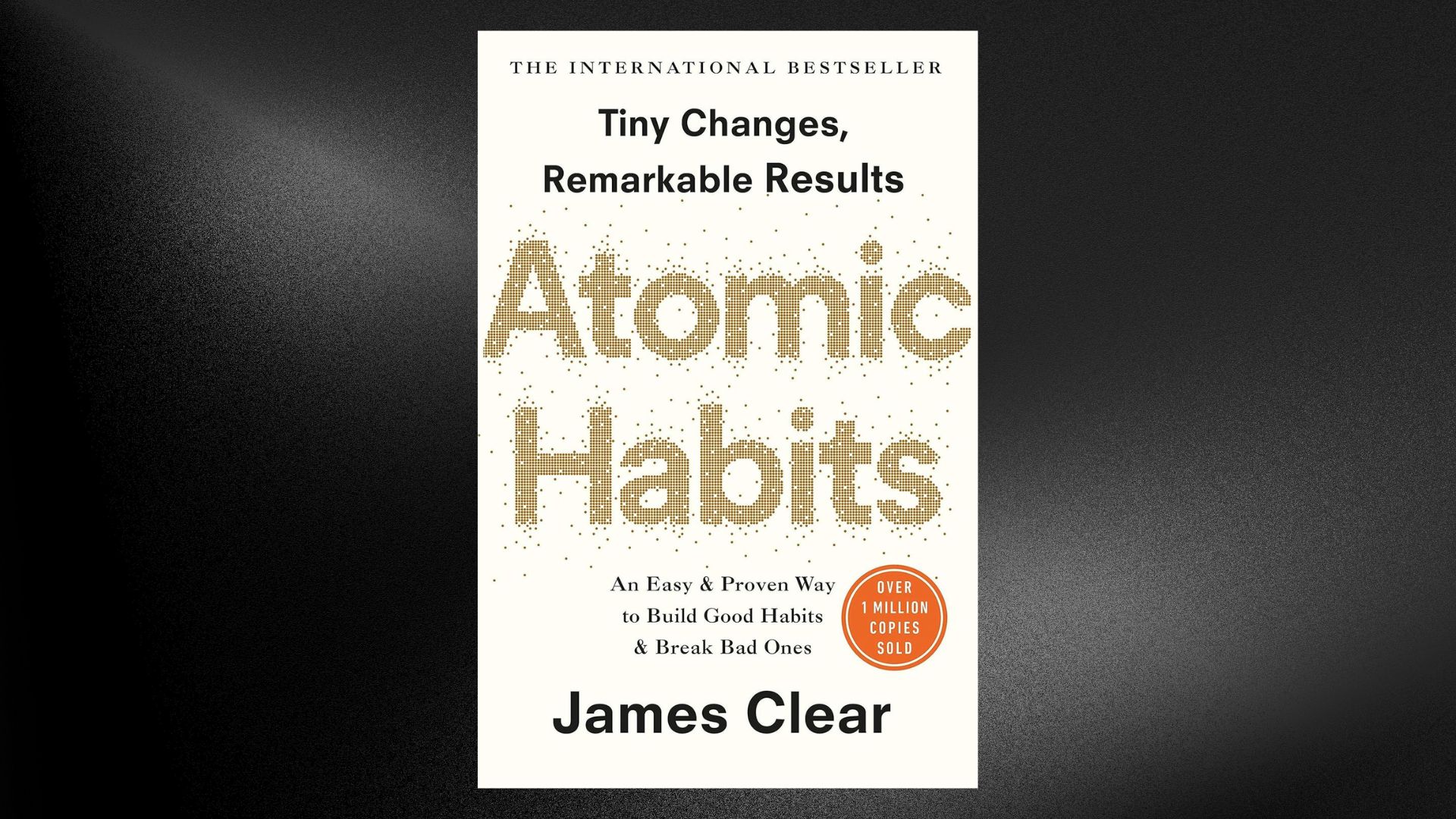
Before we fully dive into the idea of covenant vs casual relationships, let’s zoom out to address the painpoints that might have driven you to click the link to this article.
There’s a quiet ache that comes from overgiving. You show up, support, listen, and give your best advice — only to realize the relationship isn’t mutual. You’re invested. They’re available when it’s convenient.
At some point, most of us wrestle with this tension: why am I giving covenant-level time, effort, and emotional energy to someone who treats me like a casual option?
The answer isn’t to get bitter. It’s to get clear.
Understanding the difference between covenant vs casual relationships can transform your emotional health, your boundaries, and the quality of your connections.

Understanding Covenant vs Casual Relationships
What Is a Covenant Relationship? A covenant relationship is a deep, intentional commitment between two people or parties built on trust, mutual responsibility, and a shared purpose. It’s not just about spending time together or having things in common — it’s about showing up for each other consistently, even when it’s inconvenient. In a personal sense, think of a true friendship where you both support, challenge, and grow with one another over time. It’s the friend who doesn’t just check in when things are good but sticks with you when life gets hard. In business, it’s that kind of partnership where both sides are equally invested, aligned in vision, and willing to do the hard work — not just when it’s profitable, but because they believe in what you’re building together. Covenant relationships are rare, but they’re the ones that create real impact.
Again, covenant relationships are built on shared values, mutual investment, and trust.
These are the people you can call at 2 a.m., who not only celebrate your wins but walk with you through the valleys. Covenant isn’t about perfection — it’s about intentionality and reciprocity. Both parties are equally invested in each other’s growth, healing, and success.
By contrast, casual relationships are often built on proximity, shared interests, or convenience. Casual relationships serve a purpose — they can be lighthearted, energizing, and enjoyable — but they aren’t designed to carry the same weight as covenant bonds. Think coworkers, neighbors, gym acquaintances, or people you connect with occasionally online.
The issue arises when we confuse the two. When you expect loyalty, deep emotional support, or spiritual intimacy from someone who was only meant to play a lighter role in your life, you set yourself up for disappointment. That’s where relational fatigue and resentment begin.

Stop Entertaining Emotional Performances
To protect my energy, I created a rule for what I call “askholes” — people who frequently seek your advice or emotional support, only to ignore it entirely. They come back again and again, stuck in the same cycles, affirming that you were right but never taking your input seriously.
That’s not friendship. That’s emotional entertainment. And I no longer audition for that role.
How to Realign Without Disconnecting
You don’t need to burn bridges to stop overextending yourself. The goal is clarity, not coldness. Here’s how to recalibrate your covenant vs casual relationships without guilt or drama.
Name the Relationship for What It Is
Take a moment to reflect on each relationship. Is it truly mutual? Does it nourish both parties? Or is it mostly routine, convenience, or history?
Naming a relationship correctly helps you adjust your expectations. A former best friend might now be a seasonal check-in. That doesn’t make the relationship bad — it just means it’s no longer the place you go for deep connection. That clarity protects both your heart and theirs.
Adjust Access, Not Affection
Boundaries don’t mean you stop loving people. They mean you stop giving unlimited, unearned access to your time and energy.
Think of it like a dimmer switch. You can stay kind, consistent, and caring — while no longer prioritizing people who don’t reciprocate. You love them, but you stop centering them.
It is possible to reply to texts, but no longer rearrange your schedule to meet last-minute demands. You can listen with empathy, but no longer carry their emotional burdens alone.

Create an Emotional Budget
Time is money. But your energy, attention, and emotional labor are just as valuable.
Every week, you only have so many deep conversations in you. Prioritize your covenant relationships first — those people who listen, sharpen, support, and challenge you.
If you only have capacity for two meaningful interactions this week, give that time to your inner circle — not the person who treats your insight like optional background noise.
Have a Courageous Conversation (When Needed)
Sometimes, misalignment comes from miscommunication. If a casual connection is pulling on you like a covenant one, a short and kind conversation can reset the tone of the relationship.
Here’s something you can say:
“Hey, I really value our connection, and I’ve been doing some work around how I manage my time and energy. I’ve realized I’ve been stretched thin lately. I might not be as available as I used to be, but I’m still cheering you on.”
That one conversation can reduce invisible pressure and restore peace — without offense or fallout.
Bless and Release When Necessary
Some relationships were only meant for a season. When that season ends, it’s okay to let go.
If someone consistently drains your energy, disregards your boundaries, or creates chaos, you don’t need to announce your departure. You simply show up less and reallocate your emotional energy toward people who feed your soul.
Letting go doesn’t require bitterness — only wisdom.
[RELATED] The Power of Consequences: A Trauma Therapist Explains
Reframe the Goal: Peace Over Performance
You’re not too much. You’ve just been giving too much to people who weren’t called to carry it.
Protect your peace by reserving covenant energy for covenant people. Stop expecting depth from shallow connections. Start offering clarity where there’s been confusion.
You’re not being cold — you’re being a good steward of your emotional and spiritual life.
Ask Yourself
- Who in my life have I expected more from than they’re able to give?
- Where am I overgiving out of fear or obligation?
- What boundary would feel like a gift to my peace right now?
Not everyone needs full access to your life. Love widely — but invest wisely. The people called to walk with you in purpose will meet you with presence, not just proximity.





